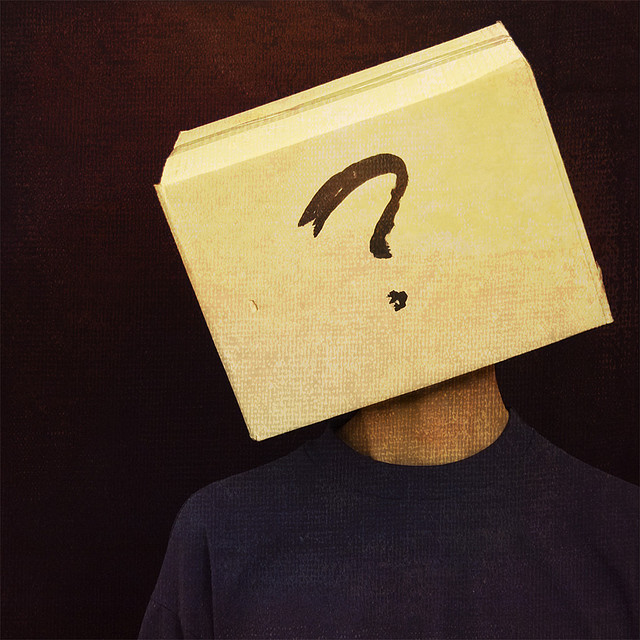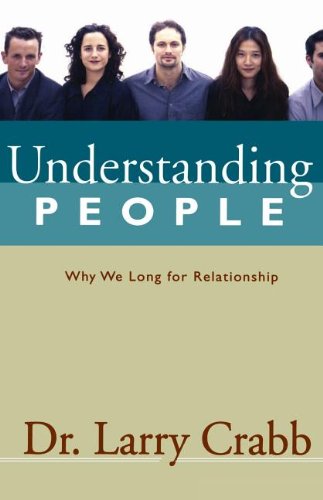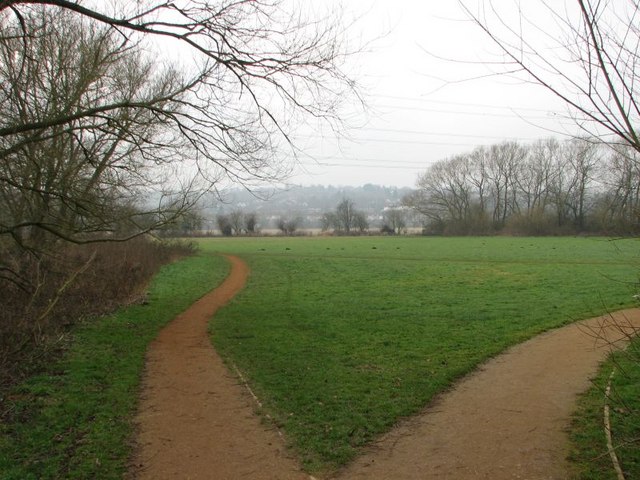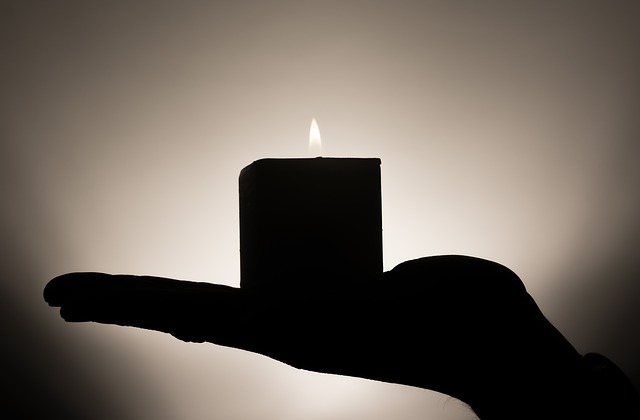 Today the world commemorates the 70th anniversary of the D-Day landings on the beaches at Normandy in France. For Hitler’s army it signalled the beginning of the end. Many battles would still be fought and many lives lost. But, for all intents and purposes, the war was over.
Today the world commemorates the 70th anniversary of the D-Day landings on the beaches at Normandy in France. For Hitler’s army it signalled the beginning of the end. Many battles would still be fought and many lives lost. But, for all intents and purposes, the war was over.
The D-Day landings provide a wonderful analogy of the assurance and hope that the resurrection of Jesus provides. NT Wright, who provides this analogy, says that, just as D-Day was the beginning of the end of the war, so the resurrection was the same. Because of the resurrection, the new age of the reign of God had begun. Many battles and persecutions were still to take place, but the result was decided.
Injustice, war and corruption still mark the lives of millions of people the world over. The kingdom of God has not yet fully arrived. The warfare remains, but the war does not. The hope of the world is that love and justice wins in the end. In fact they have already won. And this hope is not a confident optimism. It is a hope based on fact – the fact of the resurrection.
The Letter to the Hebrews also highlights this “now and not yet” situation. The heroes of the faith persevered, even losing their lives, because they knew that better days were ahead.
For all the controversy a few years ago about Rob Bell’s book, Love Wins, he is right about at least one thing: love does win; indeed it already has. The result is finalised and no correspondence will be entered into.
Jim Wallis of the Sojourners community in the US tells the wonderful story of a time during the South African apartheid years when Desmond Tutu was speaking at St George’s Cathedral in Cape Town, and heavily armed security forces were sent to intimidate Tutu and others. As the men with their weapons lined the inside walls of the church, Tutu, in his unique way, welcomed them and urged them to join the winning side. “How do I know we will win?” he asked. “Because I have read to the end of the book (the Bible), and we win.” A little man with huge courage, he knew what it was to have the sure hope of Christ in him.
Things are not as they seem. The world is still a mess; people still die, corruption still gets its way. But it will not stay this way. The wonderful words of Revelation 21:1-5 ring true throughout the universe, the universe whose moral arc bends towards justice, as that great man of peace, Martin Luther King, eloquently stated:
Then I saw a new heaven and a new earth; for the first heaven and the first earth had passed away, and the sea was no more. And I saw the holy city, the new Jerusalem, coming down out of heaven from God, prepared as a bride adorned for her husband. And I heard a loud voice from the throne saying, “See, the home[a] of God is among mortals. He will dwell with them; they will be his peoples, and God himself will be with them; he will wipe every tear from their eyes. Death will be no more; mourning and crying and pain will be no more, for the first things have passed away.” And the one who was seated on the throne said, “See, I am making all things new.”
On this commemoration of what was called the longest day, the day of the new world of transformation of everything is coming, and that will be the longest day of all.
 I turned 45 this year, so I guess it’s about time I had a midlife crisis. Mine has been partly self-inflicted and partly forced upon me. I suppose that’s they way they happen though. No one really chooses to go through a crisis of identity.
I turned 45 this year, so I guess it’s about time I had a midlife crisis. Mine has been partly self-inflicted and partly forced upon me. I suppose that’s they way they happen though. No one really chooses to go through a crisis of identity.







